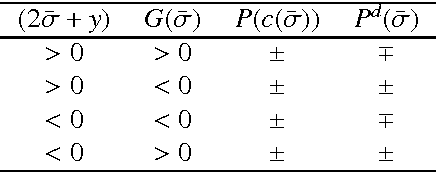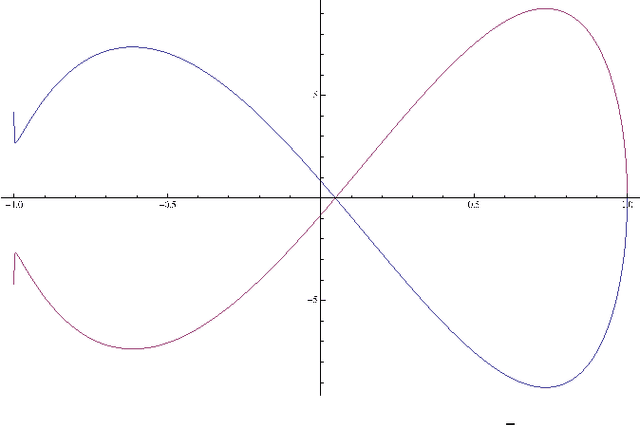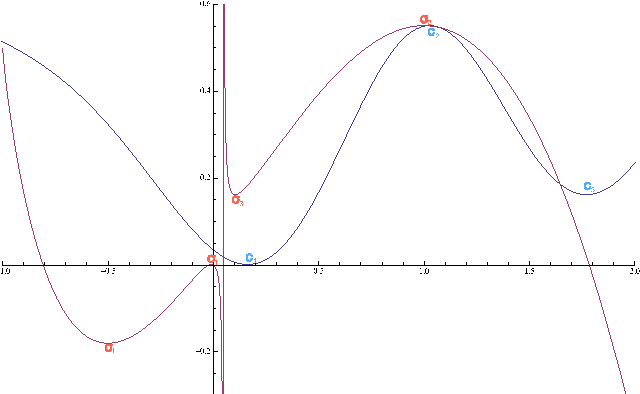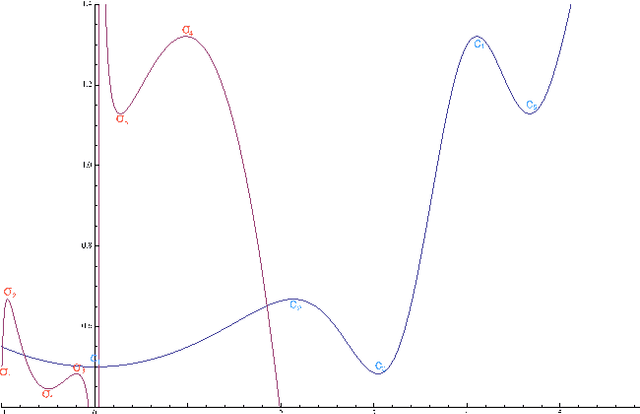Vittorio Latorre
Automated Road Safety: Enhancing Sign and Surface Damage Detection with AI
Jul 22, 2024Abstract:Public transportation plays a crucial role in our lives, and the road network is a vital component in the implementation of smart cities. Recent advancements in AI have enabled the development of advanced monitoring systems capable of detecting anomalies in road surfaces and road signs, which, if unaddressed, can lead to serious road accidents. This paper presents an innovative approach to enhance road safety through the detection and classification of traffic signs and road surface damage using advanced deep learning techniques. This integrated approach supports proactive maintenance strategies, improving road safety and resource allocation for the Molise region and the city of Campobasso. The resulting system, developed as part of the Casa delle Tecnologie Emergenti (House of Emergent Technologies) Molise (Molise CTE) research project funded by the Italian Minister of Economic Growth (MIMIT), leverages cutting-edge technologies such as Cloud Computing and High Performance Computing with GPU utilization. It serves as a valuable tool for municipalities, enabling quick detection of anomalies and the prompt organization of maintenance operations
Canonical dual solutions to nonconvex radial basis neural network optimization problem
Feb 18, 2013



Abstract:Radial Basis Functions Neural Networks (RBFNNs) are tools widely used in regression problems. One of their principal drawbacks is that the formulation corresponding to the training with the supervision of both the centers and the weights is a highly non-convex optimization problem, which leads to some fundamentally difficulties for traditional optimization theory and methods. This paper presents a generalized canonical duality theory for solving this challenging problem. We demonstrate that by sequential canonical dual transformations, the nonconvex optimization problem of the RBFNN can be reformulated as a canonical dual problem (without duality gap). Both global optimal solution and local extrema can be classified. Several applications to one of the most used Radial Basis Functions, the Gaussian function, are illustrated. Our results show that even for one-dimensional case, the global minimizer of the nonconvex problem may not be the best solution to the RBFNNs, and the canonical dual theory is a promising tool for solving general neural networks training problems.
 Add to Chrome
Add to Chrome Add to Firefox
Add to Firefox Add to Edge
Add to Edge